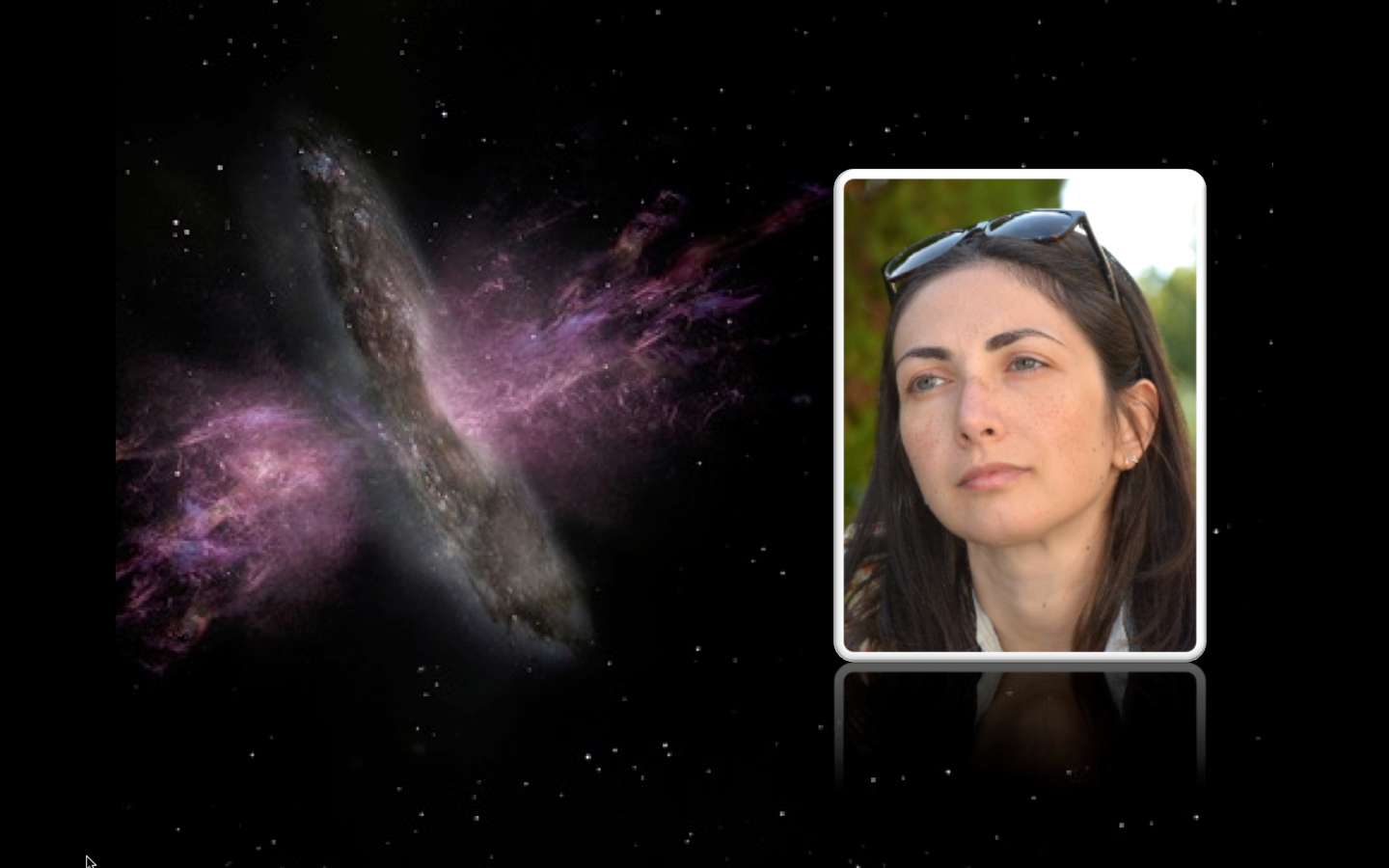[Frontier research in Astrophysics and Particle Physics] "Active galactic nuclei as cosmological probes" by Elisabeta Lusso
Start date: 13/12/2019 10:00
End date: 12/12/2019 12:00

En el 2º Seminario del curso 2019/20 'Frontier Research in Astrophysics and Particle Physics' (Máster FisPyC) Elisabeta Lusso de la Universidad de Florencia nos hablará sobre los últimos resultados de sus análisis de la relación no lineal de la luminosidad de los rayos X al ultravioleta en una muestra de cuásares seleccionados ópticamente de SDSS, combinados con los catálogos más recientes de XMM-Newton y Chandra.
Elisabeta will present the latest results on our analysis of the non-linear X-ray to ultraviolet luminosity relation in a sample of optically selected quasars from SDSS, cross-matched with the most recent XMM-Newton and Chandra catalogues. I will show that this correlation is very tight, implying that the observed relation is the manifestation of an ubiquitous (but still unknown) physical mechanism, that regulates the energy transfer from the accretion disc to the X-ray emitting corona in quasars. I will also discuss what the perspectives of quasars in the context of observational cosmology are and present new measurements of the expansion rate of the Universe in the redshift range z=0.5-5.5 based on a Hubble diagram of quasars. The distance-redshift relation of quasars at z<1.4 is in agreement with that of supernovae and with the concordance model. Nonetheless, a deviation from the ΛCDM model emerges at higher redshift, with a statistical significance of ~4σ. We found that, if an evolution of the dark energy equation of state is allowed, our data suggest a dark energy density increasing with time.
